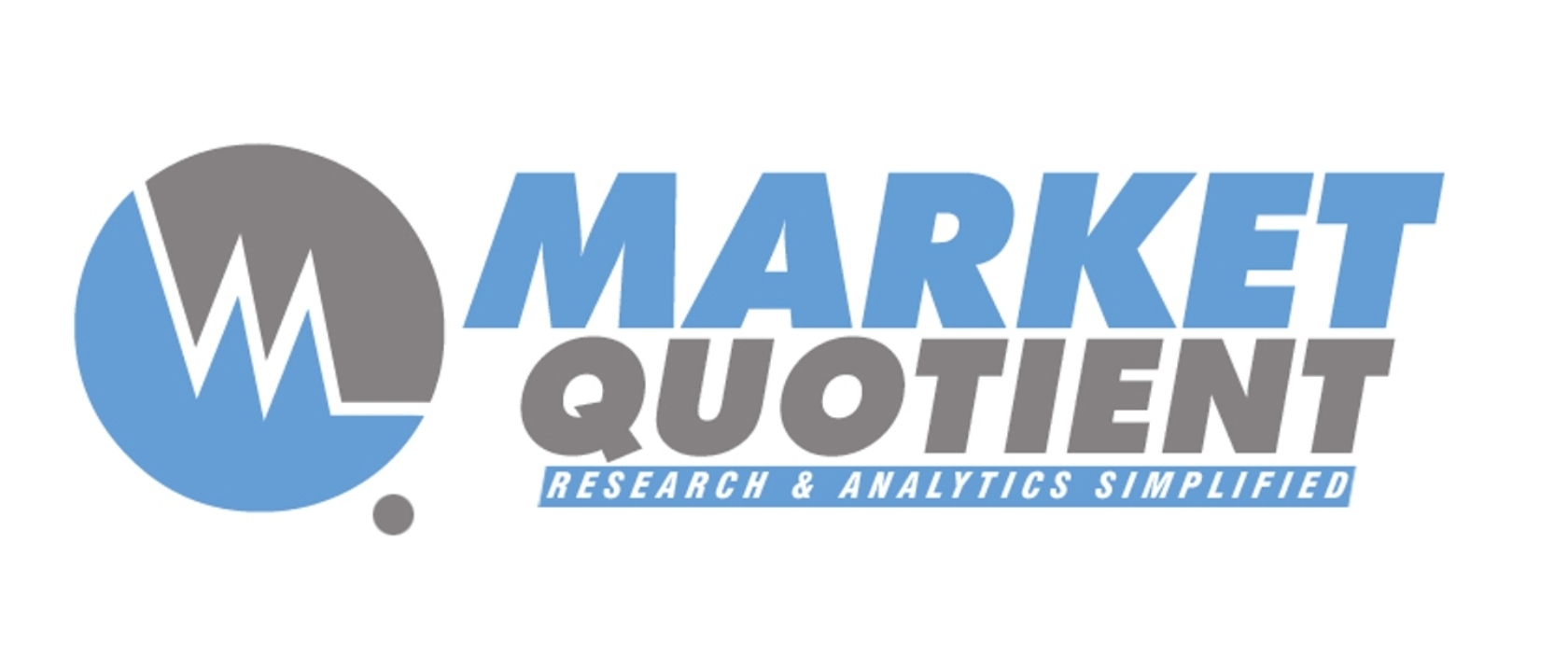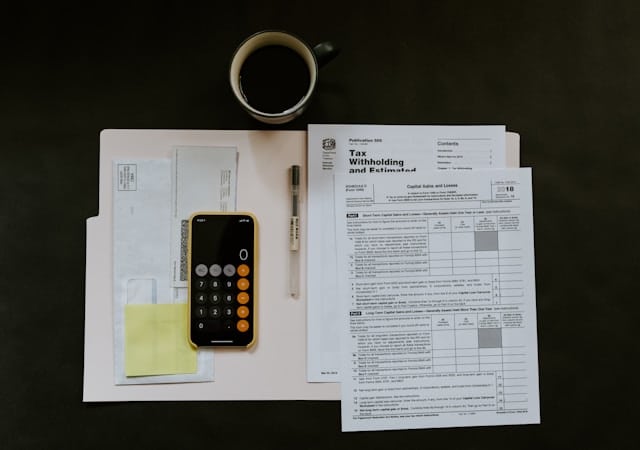In today’s digital age, data is the lifeblood of successful businesses. Virtual assistants (VAs) have become indispensable tools for gathering, processing, and leveraging this data to drive insights and decisions. Let’s delve into the top tools and technologies that empower virtual assistants in the realm of data collection.
1. Natural Language Processing (NLP) Tools
Natural Language Processing is at the heart of how VAs understand and interact with human language. Leading NLP tools like Google’s Dialogflow, Microsoft’s LUIS (Language Understanding Intelligent Service), and Amazon’s Comprehend enable VAs to process and analyze vast amounts of unstructured data from various text sources. The global NLP market is projected to reach $42.04 billion by 2026, growing at a CAGR of 21.5% from 2019, and businesses utilizing NLP can achieve up to 85% accuracy in interpreting user intentions.
2. Speech Recognition Technologies
For virtual assistants like Siri, Alexa, and Google Assistant, speech recognition is crucial. Technologies from companies like Nuance, Google Cloud Speech-to-Text, and IBM Watson Speech to Text allow VAs to convert spoken language into text accurately. The speech recognition market is expected to grow from $10.7 billion in 2020 to $27.16 billion by 2026, with accuracy rates reaching about 95% in recent years.
3. Web Scraping Tools
Web scraping tools such as Beautiful Soup, Scrapy, and Octoparse enable VAs to extract vast amounts of data from websites efficiently. This data can include product prices, customer reviews, and other vital information that businesses need. Web data is expected to account for 70% of all digital data collected by organizations by 2025, and companies using web scraping tools report a 30% increase in actionable insights derived from web data.
4. Data Integration Platforms
To make sense of collected data, VAs utilize data integration platforms like Zapier, Integromat, and MuleSoft. These platforms help in consolidating data from various sources, ensuring that VAs can present a unified view of information. The data integration market size is projected to reach $19.4 billion by 2027, with a CAGR of 13.6%, and over 80% of organizations consider data integration critical to their operations.
5. Machine Learning (ML) Frameworks
Machine learning frameworks such as TensorFlow, PyTorch, and scikit-learn empower VAs to learn from data, improve their performance over time, and provide more accurate and personalized responses. The global machine learning market is anticipated to grow from $8.43 billion in 2019 to $117.19 billion by 2027, with companies using ML frameworks reporting a 40% improvement in data-driven decision-making processes.
6. Customer Relationship Management (CRM) Systems
CRMs like Salesforce, HubSpot, and Zoho CRM enable VAs to gather and manage customer data effectively. They provide insights into customer behavior, preferences, and interaction history, which are crucial for personalized service and marketing strategies. The CRM market is projected to reach $113.46 billion by 2027, growing at a CAGR of 14.2%, with businesses that use CRM systems seeing an average ROI of $8.71 for every dollar spent.
7. IoT (Internet of Things) Devices
IoT devices collect data from the physical world, which VAs can then process and analyze. These devices include smart home appliances, wearable technology, and industrial sensors, providing real-time data streams that are invaluable for various applications. The global IoT market is expected to reach $1.5 trillion by 2027, with a projected 75.44 billion connected IoT devices by 2025.
The integration of these advanced tools and technologies is transforming the capabilities of virtual assistants in data collection. By leveraging NLP, speech recognition, web scraping, data integration, machine learning, CRM systems, IoT devices, and specialized services like those from Market Quotient, VAs can provide businesses with the insights needed to stay competitive in a data-driven world. As these technologies continue to evolve, their impact on data collection and analysis will only grow, offering even greater potential for innovation and efficiency.
Market Quotient’s Data Collection Services
Market Quotient offers virtual assistant and data collection services that uncover meaningful insights through systematic gathering and analysis of relevant data. By leveraging advanced tools and methodologies, Market Quotient’s VAs help businesses to gather critical data efficiently, enabling better decision-making and strategic planning. Our services are designed to streamline data collection processes, ensuring that businesses have access to high-quality, actionable data.
Contact us at contact@marketquotient.com or +1 201.285.2024 today and discover how our eCommerce support services can propel your business to new heights in 2024 and beyond.





